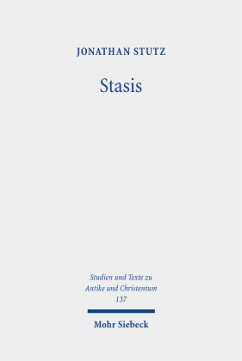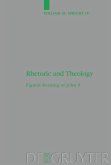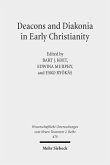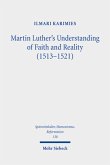Building on the premise that episodes of violence also manifest through texts and narratives that originated within specific communicative settings, Jonathan Stutz explores the manifold interconnections between (religious) violence and late antique rhetoric. By focusing the fourth century in particular, he addresses a period of time that was marked by profound political transformations and religious conflicts. The author delves into various examples where manifestations of collective violence became the object of strategies of legitimation and de-legitimation, as well as of moral and theological discourses. Throughout the different chapters, he examines how orations, homilies, letters, and polemical treatises provided a platform for emperors, rhetors, and Christian church leaders in their aim to define their own role and that of their interlocutors within the conflicts they witnessed.
Bitte wählen Sie Ihr Anliegen aus.
Rechnungen
Retourenschein anfordern
Bestellstatus
Storno








